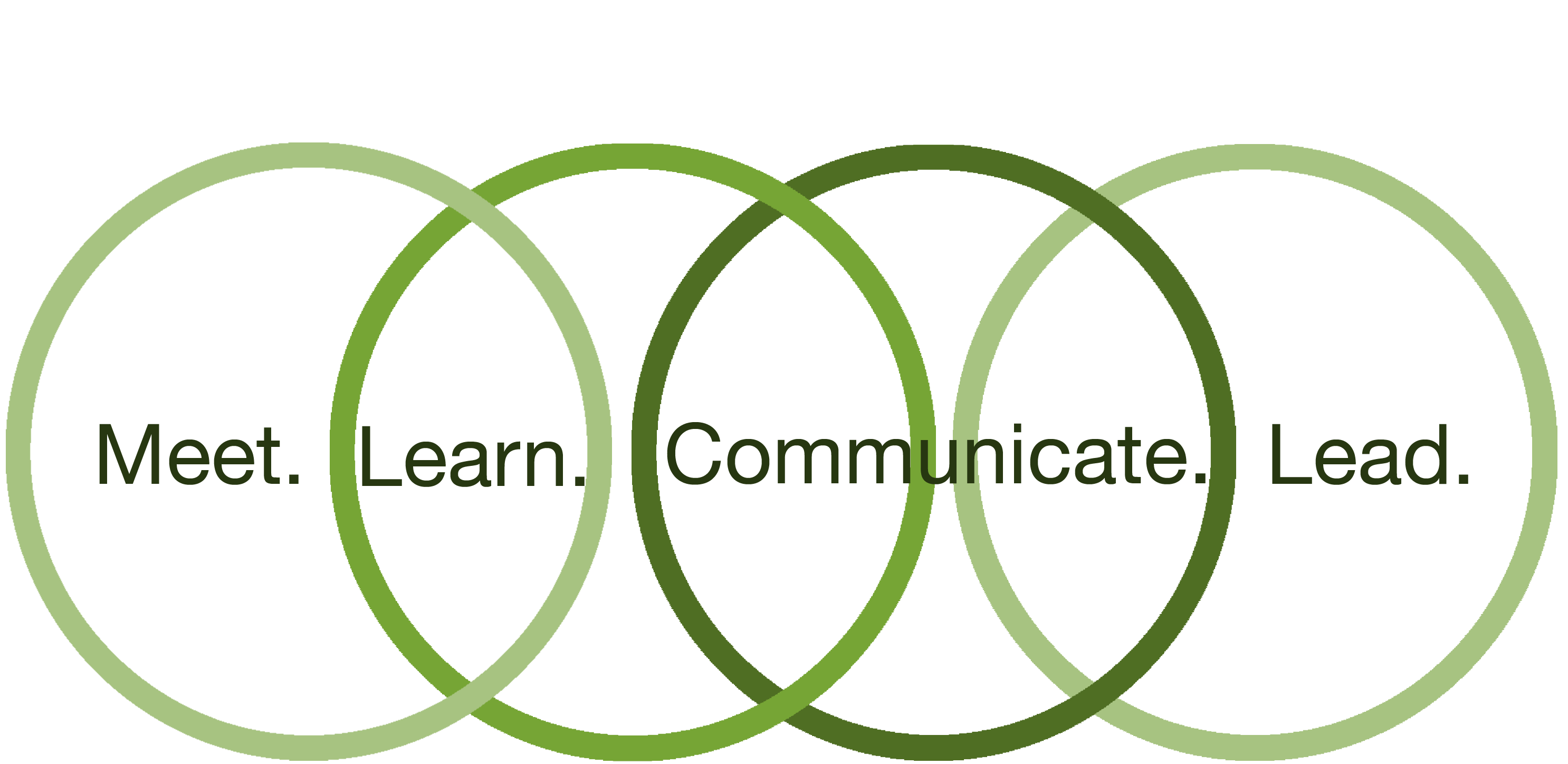Are you your own worst enemy, virtually speaking?
- Lynette Van Steinburg
- Aug 5, 2015
- 2 min read
Some of the key aspects to working remotely effectively are things like clear communication, trust, consistency and personal connection.
Not a surprise then when one of the most common complaints about virtual meetings is the inability to see the body language of the other participants. Without body language we feel hampered in fully comprehending the purpose or intention of the other participant(s) in the meeting.

Knowing the importance of body language, I'm constantly surprised when, at the beginning of web meetings, I hear the question "Do I need to turn on my webcam?" Or worse, people don't even ask and just assume they don't need to use it.
Leaving your webcam off and setting the stage for others to do the same is the equivalent of putting a paper bag over your head before going into a meeting room. You wouldn't do it - so why is it accepted behaviour in a virtual setting? I think part of the answer might lie in our subconscious.
Why do we hate webcams so much? I think it's partly because we all have a horrible photograph from our past that flashes into our minds when we hear or think of the word 'camera.' Some friend or relative caught you in a ridiculous, unflattering, or embarrassing pose and the memory of it haunts you (consciously or sub-consciously). The webcam is not a still camera and if you are willing to walk into a physical meeting room with your colleagues then you should be willing to use a webcam for any meeting as well.
I also think it has something to do with the accepted way of doing things. "We've never used a webcam for our meetings before, why would we start doing it now?" Or even worse, a complete disregard for virtual balance in the meeting might lead to someone saying, "Well, we can see the people here in the room, that'll be enough, we don't need to see the people on the phone as well."
Why would you deny yourself the opportunity to see and share body language when you know that so much important communication happens that way that, in fact, we struggle without that layer of communication?

The good news is that the more you use a webcam the more comfortable you will feel with it. Like anything new it takes some time to get used to but soon you'll be using it like a pro and probably forgetting that it's on because you're focussed on the person you're talking to and the topic at hand.
Next time, instead of asking whether you need to use your webcam consider setting a good precedent by turning on your own then ask others to turn on theirs as well. In other words, give your listener(s) every opportunity to understand your intent as clearly and quickly as possible and encourage them to do the same for you.
Still not sure? Do a test run - book a meeting with a friend or trusted colleague and have some fun to help you increase your comfort level before you go 'live' with your webcam at your next business meeting.
Watch for the next Virtual Effectiveness blog post:
Are You Making Your Virtual Meetings Worse?




Comments